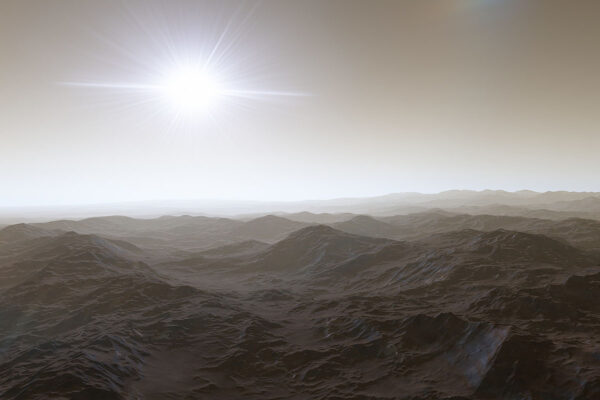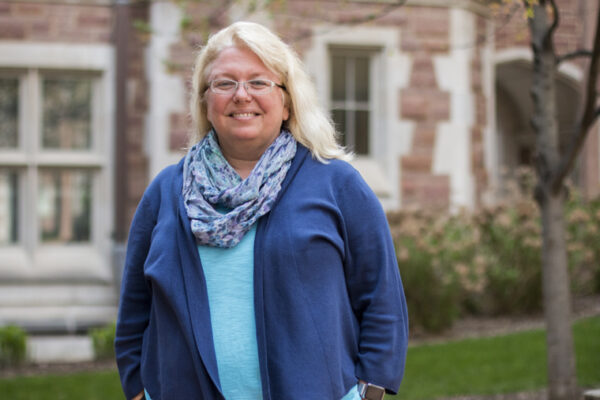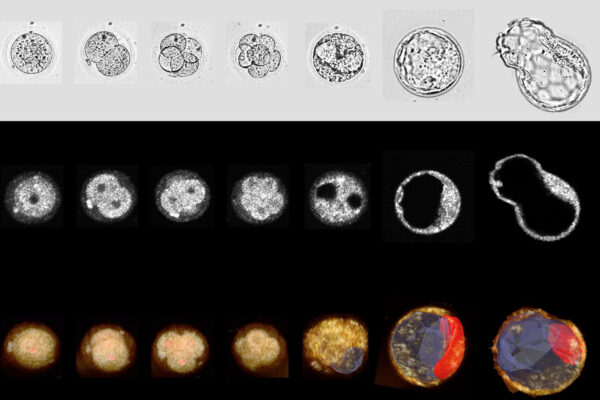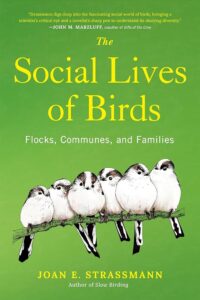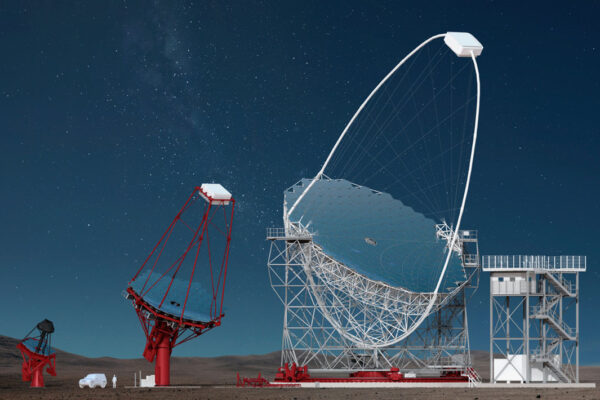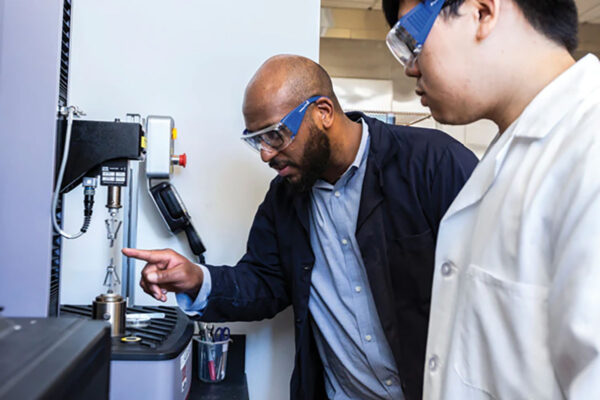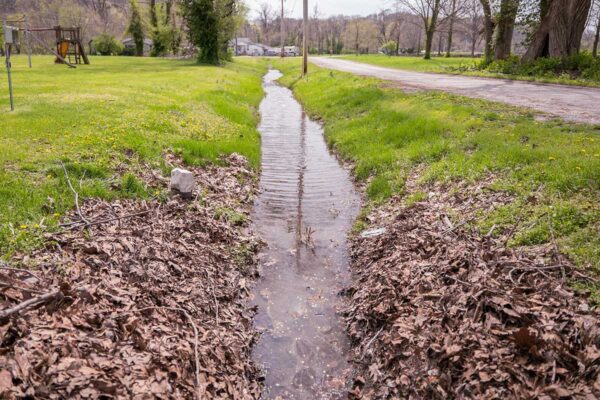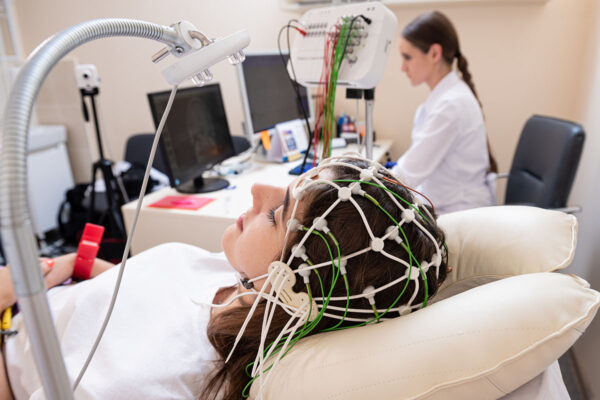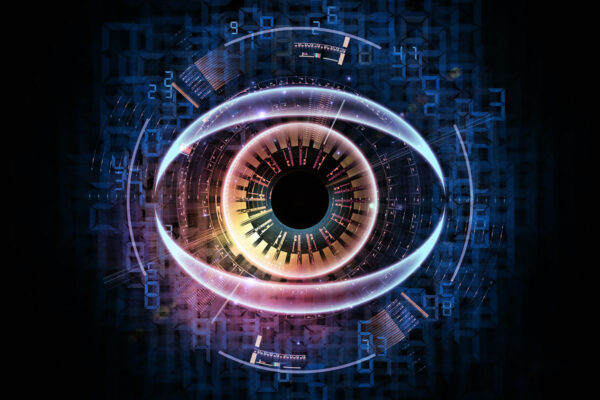Tips for biomolecular engineering can be found in early Earth
Biomedical engineers at the McKelvey School of Engineering at Washington University in St. Louis are tackling the question of how oxygenation happened on primordial earth in a recent study published in the Proceedings of the National Academy of Sciences.
Barch earns lifetime achievement award from psychology group
Researcher Deanna Barch, a professor at WashU, has received a lifetime achievement award from the Association for Psychological Science.
How AI will change your career
What is artificial intelligence good at? What is it not good at? How might it reshape the employment landscape? Last spring, WashU’s Ian Bogost interviewed Andrew “Boz” Bosworth, chief technology officer at Meta, and others for Bogost’s class “How AI Will Change Your Career.”
An inside look at the earliest stage of life
Researchers at Washington University in St. Louis have a developed a way to monitor mouse embryo development and predict successful blastocyst formation. The results of the study could help improve success rates of in vitro fertilization.
The Social Lives of Birds
Flocks, Communes, and Families
An exploration of all the ways in which birds are social creatures—from breeding to nesting to babysitting
WashU team wins $3.9M to provide cameras for gamma-ray observatory
Researchers at Washington University in St. Louis will provide cameras for the world’s largest high-energy gamma-ray observatory with a nearly $4 million federal grant.
Strengthening soy for better bioplastics
Researchers at Washington University in St. Louis are using surface chemistry to improve the strength of soy and cellulose-based biomaterials.
Multidisciplinary team secures $3.6M grant to investigate health risks from flooding
Funding from the National Science Foundation will enable researchers across many disciplines at Washington University in St. Louis to advance ongoing research into the damaging health effects of repeated flooding in Metro East communities.
Personalized brain modeling of anesthetic effects to predict antidepressant response
Neuroscientists, clinicians and engineers at Washington University in St. Louis seek to develop personalized medicine strategies for refractory depression that would tailor drug dosage based on a patient’s age, genetics, health conditions, brain dynamics and neural circuits.
Light as data and power source
WashU electrical engineer Mark Lawrence has received a prestigious CAREER Award from the National Science Foundation. He aims to develop sensors and cameras powered by taking advantage of the properties of light.
Older Stories
